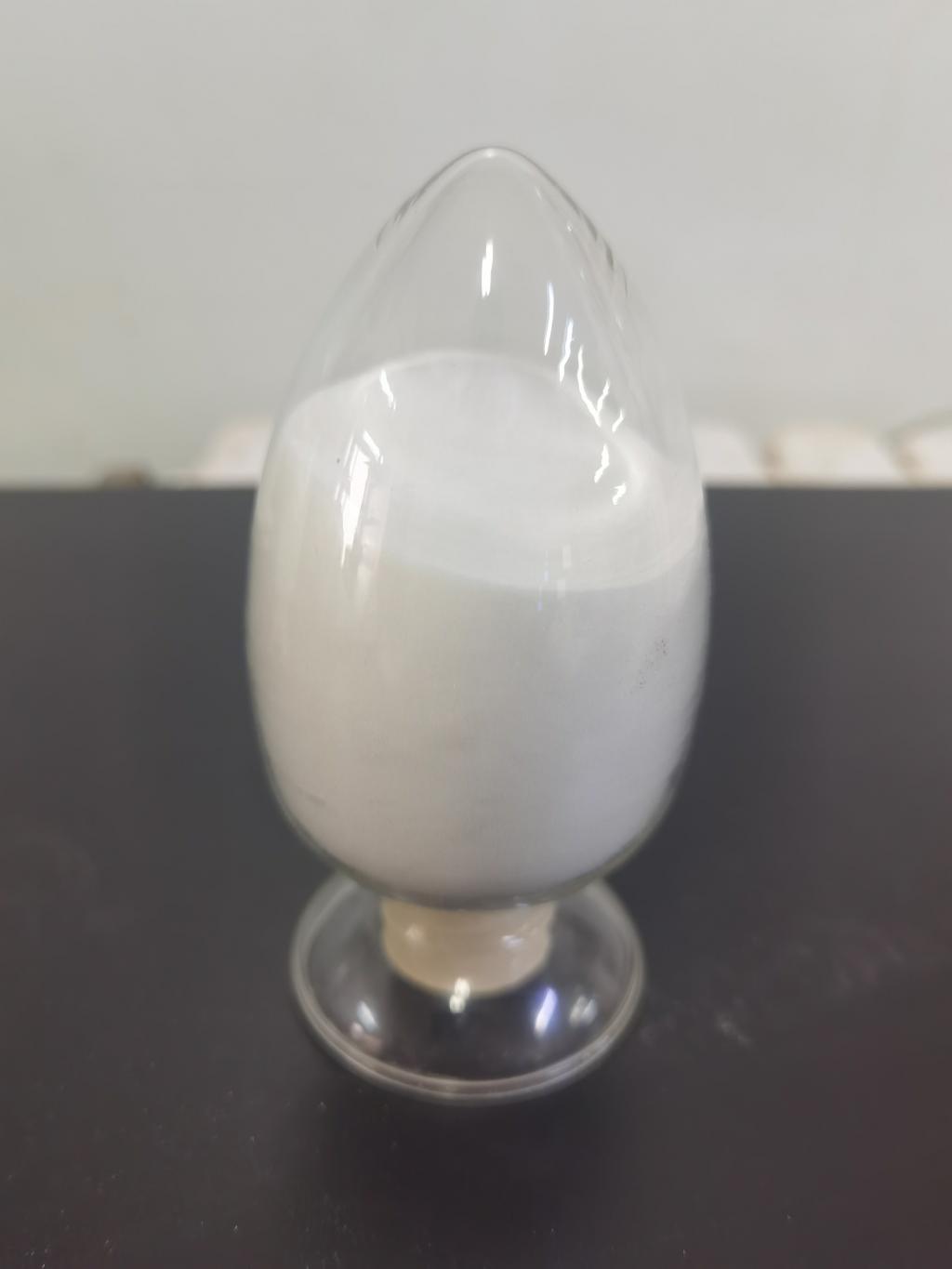Tel:+8618231198596

News
 CONTACT
CONTACT
 CONTACT
CONTACT
- Linkman:Linda Yao
- Tel: +8618231198596
- Email:linda.yao@dcpharma.cn
- Linkman:CHARLES.WANG
- Department:Overseas
- Tel: 0086 0311-85537378 0086 0311-85539701
News
Investigating the effects of ε-Polylysine hydrochloride on the shelf life of dairy-based desserts.
TIME:2023-08-16
Introduction:
Dairy-based desserts and yogurts are not only delicious but also valuable sources of essential nutrients. However, their microbial nature makes them susceptible to spoilage by bacteria, yeasts, and molds. Extending the shelf life of these products is crucial to minimize food waste and ensure consumer safety. ε-Polylysine hydrochloride, a naturally derived antimicrobial peptide, holds promise as a means to enhance the shelf life of dairy-based desserts and yogurts. This article investigates the potential effects of ε-Polylysine hydrochloride on these products, offering insights into how this natural preservative can contribute to food safety and quality.
Mechanisms of Action:
ε-Polylysine hydrochloride exerts its antimicrobial effects by disrupting the cell membranes of microorganisms, leading to leakage of intracellular components and cell death. This targeted mode of action minimizes the risk of microbial resistance, making ε-Polylysine hydrochloride a promising candidate for extending the shelf life of dairy-based desserts and yogurts.
Impact on Shelf Life:
Bacterial Spoilage Prevention: Incorporating ε-Polylysine hydrochloride into dairy-based desserts and yogurts can inhibit the growth of spoilage bacteria, contributing to an extended shelf life and reduced product waste.
Yeast and Mold Control: ε-Polylysine hydrochloride's efficacy against yeasts and molds further enhances its ability to maintain the quality and safety of dairy-based products over time.
Pathogen Inhibition: ε-Polylysine hydrochloride's antimicrobial properties can help prevent the growth of pathogenic microorganisms, reducing the risk of foodborne illnesses.
Sensory Considerations:
Texture and Appearance: Careful evaluation of ε-Polylysine hydrochloride's impact on the texture and appearance of dairy-based desserts and yogurts is essential to ensure consumer acceptance.
Flavor and Aroma: Assessing potential changes in flavor and aroma caused by ε-Polylysine hydrochloride is crucial to maintain the sensory attributes that consumers expect.
Benefits for Consumers and the Dairy Industry:
Extended Shelf Life: By inhibiting microbial growth, ε-Polylysine hydrochloride contributes to extending the shelf life of dairy-based desserts and yogurts, reducing product waste and increasing availability.
Improved Food Safety: ε-Polylysine hydrochloride's antimicrobial properties enhance the safety of these products, reducing the risk of microbial contamination and foodborne illnesses.
Natural and Clean-Label Solution: As a naturally derived preservative, ε-Polylysine hydrochloride aligns with consumer preferences for clean-label and minimally processed foods.
Sustainability: Extending the shelf life of dairy-based products through natural preservatives like ε-Polylysine hydrochloride supports sustainability by reducing the environmental impact of food waste.
Regulatory Considerations:
The use of ε-Polylysine hydrochloride as a preservative in dairy-based desserts and yogurts may be subject to regulatory approval in different regions, necessitating compliance with relevant guidelines and standards.
Future Directions and Conclusions:
ε-Polylysine hydrochloride's potential to extend the shelf life of dairy-based desserts and yogurts offers a promising solution for the dairy industry. Continued research efforts should focus on optimizing dosages, assessing sensory impact, and ensuring regulatory compliance. By harnessing the antimicrobial capabilities of ε-Polylysine hydrochloride, the dairy industry can provide consumers with safer, longer-lasting, and more sustainable dairy products. As the demand for natural preservation methods grows, ε-Polylysine hydrochloride's role in enhancing food safety and quality may reshape the landscape of dairy production and contribute to a more secure and reliable food supply.
- Tel:+8618231198596
- Whatsapp:18231198596
- Chat With Skype







